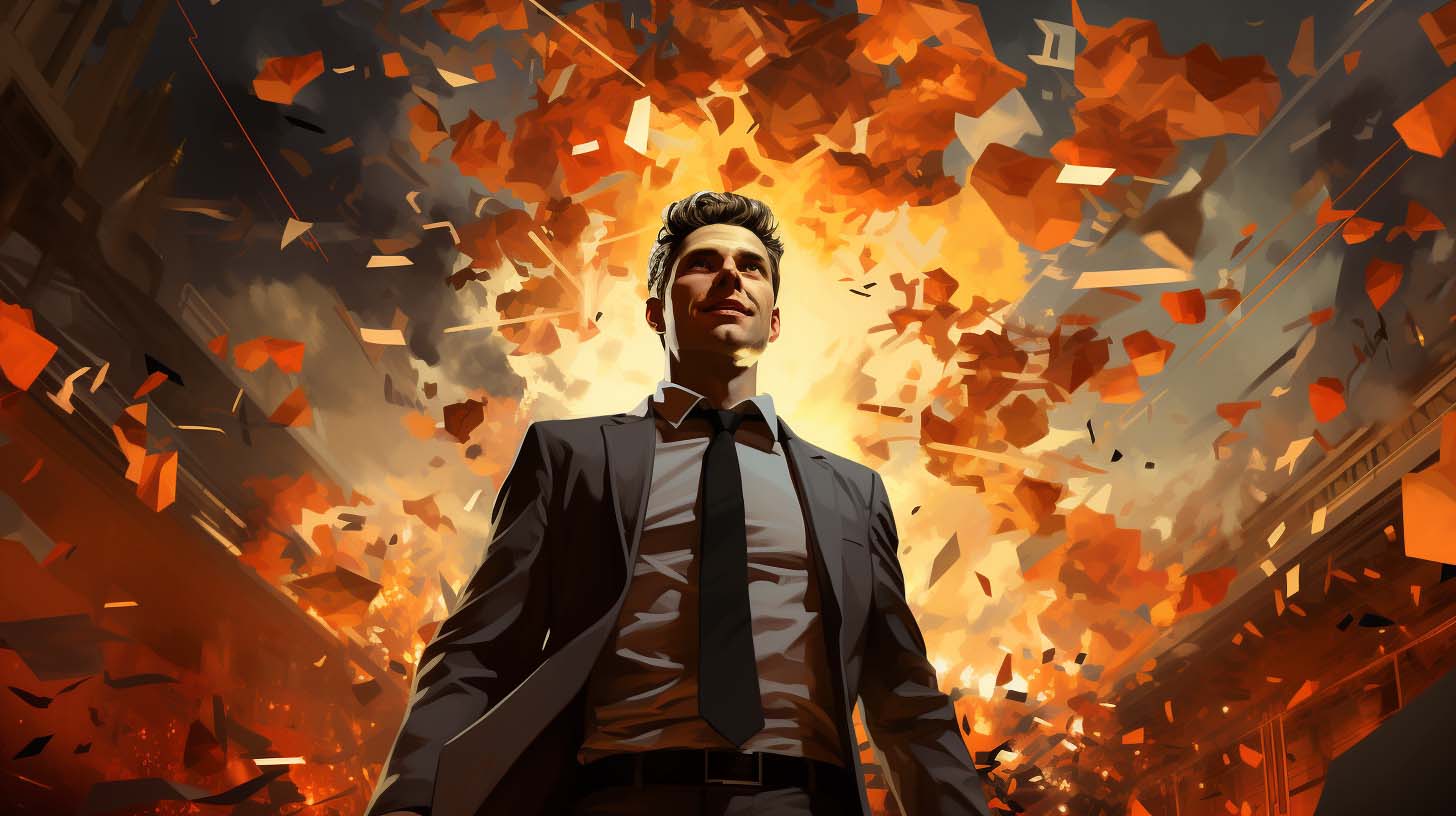Steve Wozniak, the co-founder of Apple, achieved success in his legal battle against the social media behemoth YouTube for unauthorized usage of his likeness in videos promoting a Bitcoin scam in 2020. Subsequently, a San Jose appeals court overturned a prior ruling that absolved YouTube of any responsibility.
In a case involving Apple co-founder Steve Wozniak and a scam, an appeals court has ruled against YouTube.
The appeals court has made a ruling that prevents YouTube from using a controversial communications law as a shield to evade responsibility in a scam case involving the unauthorized use of Apple co-founder Steve Wozniak’s likeness.
In 2020, Wozniak initiated legal action against YouTube and its parent company, Google, asserting that they played a role in enabling a scam aimed at Bitcoin investors. This fraudulent scheme exploited Wozniak’s image to dupe individuals into sending cryptocurrency to online scammers, falsely promising participation in a live giveaway supposedly hosted by Wozniak, with the pledge to double the sent amount.
The scam unfolded through manipulated videos disseminated on YouTube, portraying Wozniak appearing to speak at tech conferences, coupled with enticing offers of free Bitcoin. Viewers were directed to transfer cryptocurrency under the guise of doubling their investment, resulting in financial losses for numerous unsuspecting victims.
According to the lawsuit, individuals who fell prey to the scam made irreversible cryptocurrency transfers but received nothing in return. This deceptive tactic, leveraging celebrities to endorse fraudulent schemes, has been employed in various scams over the years.
In 2020, the names and reputations of Ethereum co-founder Vitalik Buterin, and Tyler and Cameron Winklevoss, the founders of the U.S.-based Gemini exchange, were exploited in a scam aimed at persuading individuals to surrender their cryptocurrency holdings. This fraudulent scheme also capitalized on the identities and images of notable figures in the tech industry, including Microsoft co-founder Bill Gates and Tesla CEO Elon Musk.
In response to these deceptive tactics, Steve Wozniak, along with 17 other individuals purported to be victims, initiated legal action against YouTube and its parent company, Google, in 2020. They alleged that YouTube knowingly hosted and promoted these deceptive videos for financial gain. Despite Wozniak’s attempts to cease the unauthorized use of his likeness, the lawsuit claims that YouTube remained unresponsive, resulting in irreparable damage to his reputation.
The appeals court rules that YouTube does not benefit from the protections of Section 230.
Initially, in 2022, a judge from the Santa Clara County Superior Court ruled that YouTube and Google were shielded from liability by Section 230 of the Communications Decency Act. This section typically protects internet companies from being held liable for third-party content.
However, the court later determined that Google and YouTube may not be afforded this protection under the law due to their alleged involvement in the scam. Specifically, they were accused of contributing to the scam by granting verification badges to compromised channels.
The court held Google and YouTube responsible for actively participating in the Bitcoin scam that affected Steve Wozniak by granting verification badges to compromised channels. Despite Google’s assertions that verification badges are exclusively awarded to legitimate channels, the court highlighted instances where badges were bestowed upon channels implicated in the scam.
Apple co-founder Steve Wozniak and 17 notable figures win lawsuit against YouTube for using doctored videos in a Bitcoin scam. A San Jose appeals court rules against YouTube's immunity claim, potentially changing laws protecting platforms.
— BlockVoyager (@BlockVoyagerAIO) March 20, 2024
Additionally, the court rebuked the platforms for their failure to revoke these badges when the compromised channels began promoting deceptive content. They further criticized the platforms for continuing to grant verification badges even during the operation of the scam.
The appellate judges underscored the prevalence of such fraudulent schemes, pointing out that prominent YouTube channels were being compromised to disseminate counterfeit videos featuring tech luminaries allegedly hosting live events.
In response to the verdict, Joe Cotchett, Wozniak’s attorney, emphasized the significance of holding social media platforms like Google and YouTube accountable for their actions. He emphasized that these platforms cannot shield themselves behind Section 230 as a blanket defense for their behavior.
The ruling remands the case to the Santa Clara County Superior Court, granting Wozniak and his co-plaintiffs the opportunity to revise their lawsuit. They are seeking unspecified damages and an injunction requiring YouTube to warn users about the scam and prevent its perpetuation on the platform.
Wozniak has previously voiced concerns about deceptive online practices facilitated by artificial intelligence, highlighting the imperative of remaining vigilant against malevolent actors exploiting technology for fraudulent purposes.



